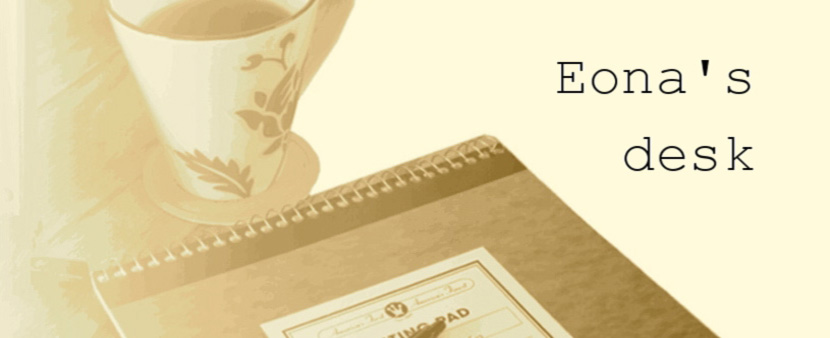I have been thinking of what I can do for the Breast Cancer Awareness Month (aside from wearing my pink bracelet). My grandmother died of breast cancer, I have had a breast cyst removed and so everytime I hear something about breast cancer, I get concerned.
I just received an email today from a friend. She shared about having a sister who was diagnosed with the disease and information on how we can prevent and detect (if we have) breast cancer. It is indeed important for all of us to know these things so I decided to forward her email to my usual email pals and to spread it even more, I am posting it on my blog for everyone to read (below). Stay healthy you all!
*********************
Dear Friends,
My sister has been diagnosed for Breast Cancer, at the tender age of 31. It has been a rigorous fight and battle for 7 years now. She is truly amazing and continues to live life to the fullest with her family, despite of this dreadful disease.
I am sure everyone knows somebody with breast cancer. October marks breast cancer awareness month so I thought I would write about all the things you can do to control breast cancer risks. Surprisingly, there is a lot you can’t control. This makes it even more important to look at what you can control and commit to making changes that can make a huge difference. Here are the risk factors: (taken at Susan Komen website) and you would want to share this to your mother, grandmother, sister, relatives and friends.
* Having a first menstrual period before age 12 or entering menopause at age 55 or later increases a woman’s exposure to estrogen and may therefore increase risk.
* Not having children or having the first child after age 30, as well as not breast feeding, increases risk.
* HRT (Hormonal Replacement Therapy) after menopause increases risk and the risk increases the longer the hormones are taken.
* Women with inherited BRCA genetic mutations have a much higher risk; however, only 5 - 10% of all breast cancer cases are in women with the BRCA mutation.
* A family history of breast, ovarian, and prostate cancer are also risk factors.
* Current or recent use of birth control pills, being tall, being overweight, lack of exercise.
* Not having children or having the first child after age 30, as well as not breast feeding, increases risk.
* HRT (Hormonal Replacement Therapy) after menopause increases risk and the risk increases the longer the hormones are taken.
* Women with inherited BRCA genetic mutations have a much higher risk; however, only 5 - 10% of all breast cancer cases are in women with the BRCA mutation.
* A family history of breast, ovarian, and prostate cancer are also risk factors.
* Current or recent use of birth control pills, being tall, being overweight, lack of exercise.
Every month at age 20, you should start BSE (Self Breast Examination)
The most important thing is to know what your breasts look like and feel like, If you see any of the following symptoms, see your doctor right away:
- Swelling
- A lump
- Skin irritation
- Dimpling
- Pain in the nipple
- A turning inward of the nipple
- Redness or scaliness of the nipple or breast skin
- Discharge from the nipple other than breast milk
or see the complete list here :http://cms.komen.org/komen/AboutBreastCancer/TheABCsofBreastCancerGuide/index.htm
For 4 years now, I do mammogram screening as per my primary physician’s recommendation. Hearing the word mammogram - smashing, squeezing your breasts too tight - you will definitely be freaked out, but believe me, I’ve had lots of mammogram, the hurt is short lived and nothing hurts like breast cancer and it hurts for a long time!
Being a woman is the greatest risk factor. We can’t control our genetic make-up or when we started our menstrual cycle. Many of the other factors are related to lifestyle. That we can control. This is where awareness helps.
Early detection is the best defense.
BE YOUR OWN ADVOCATE!
Take Care everyone and Have a Blessed Day!
warm regards,
C H I Q U I 
*****************

No comments:
Post a Comment
Note: Only a member of this blog may post a comment.